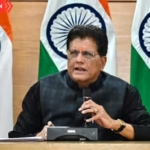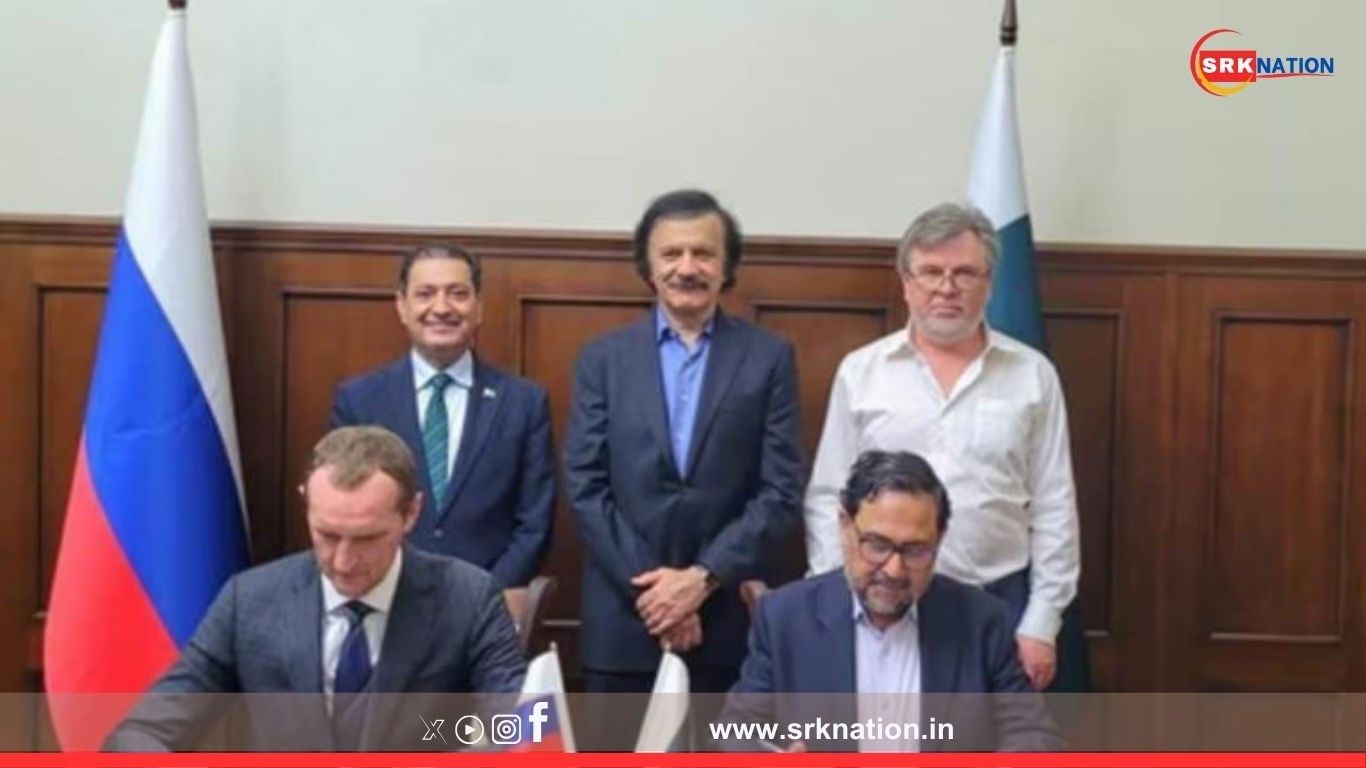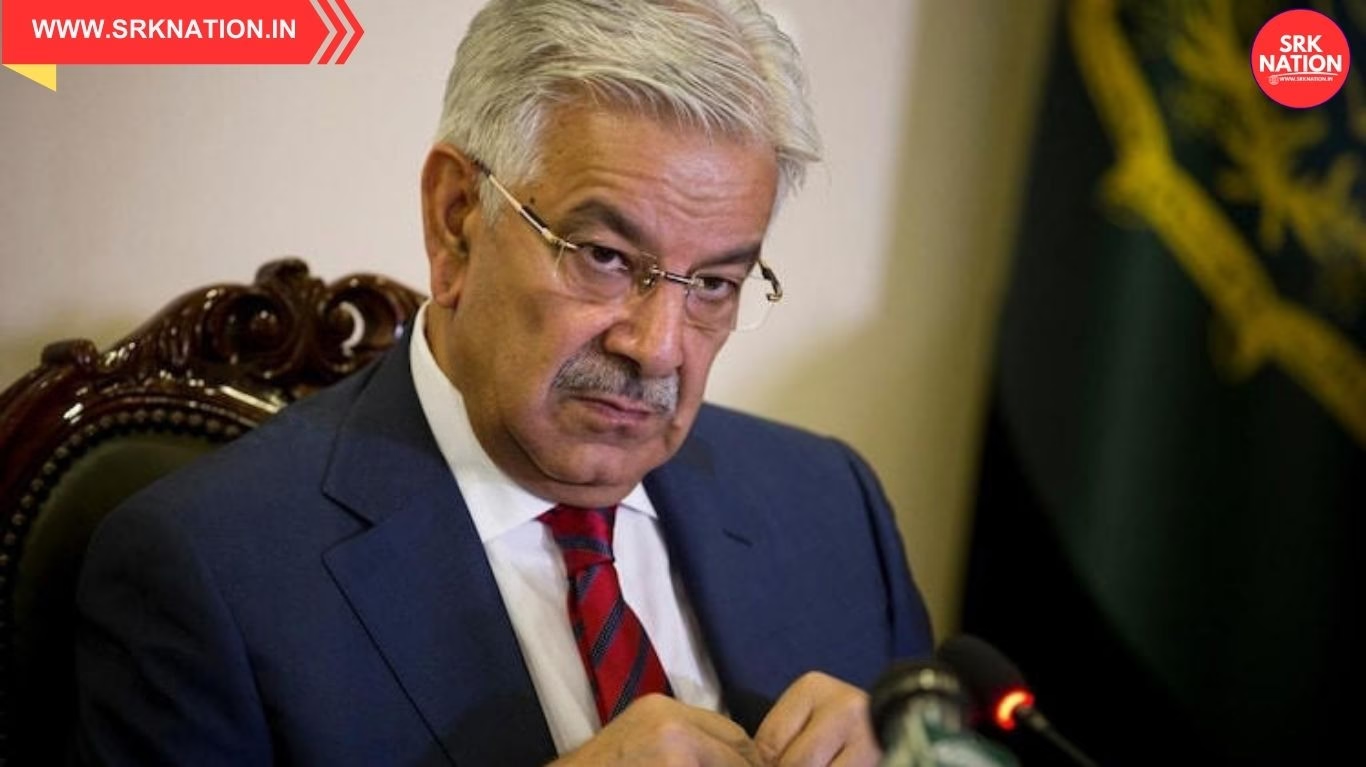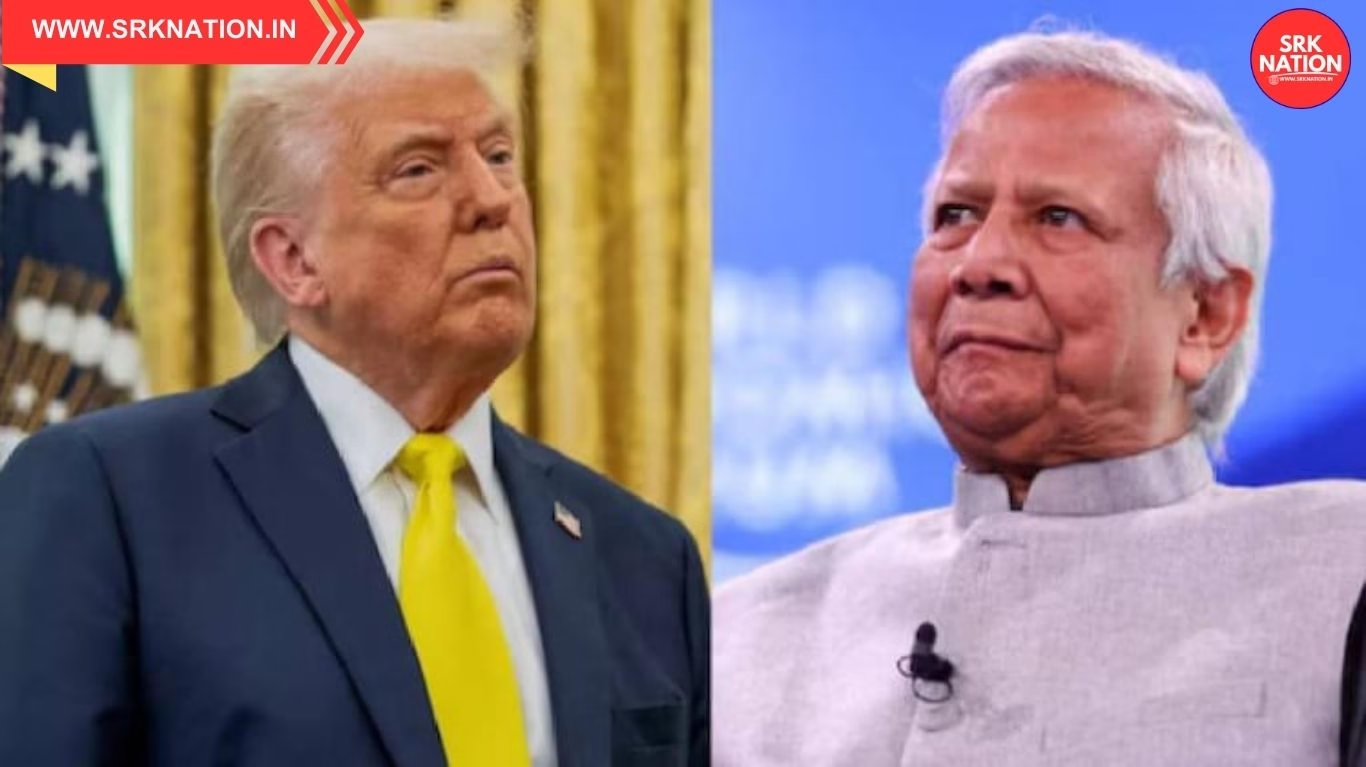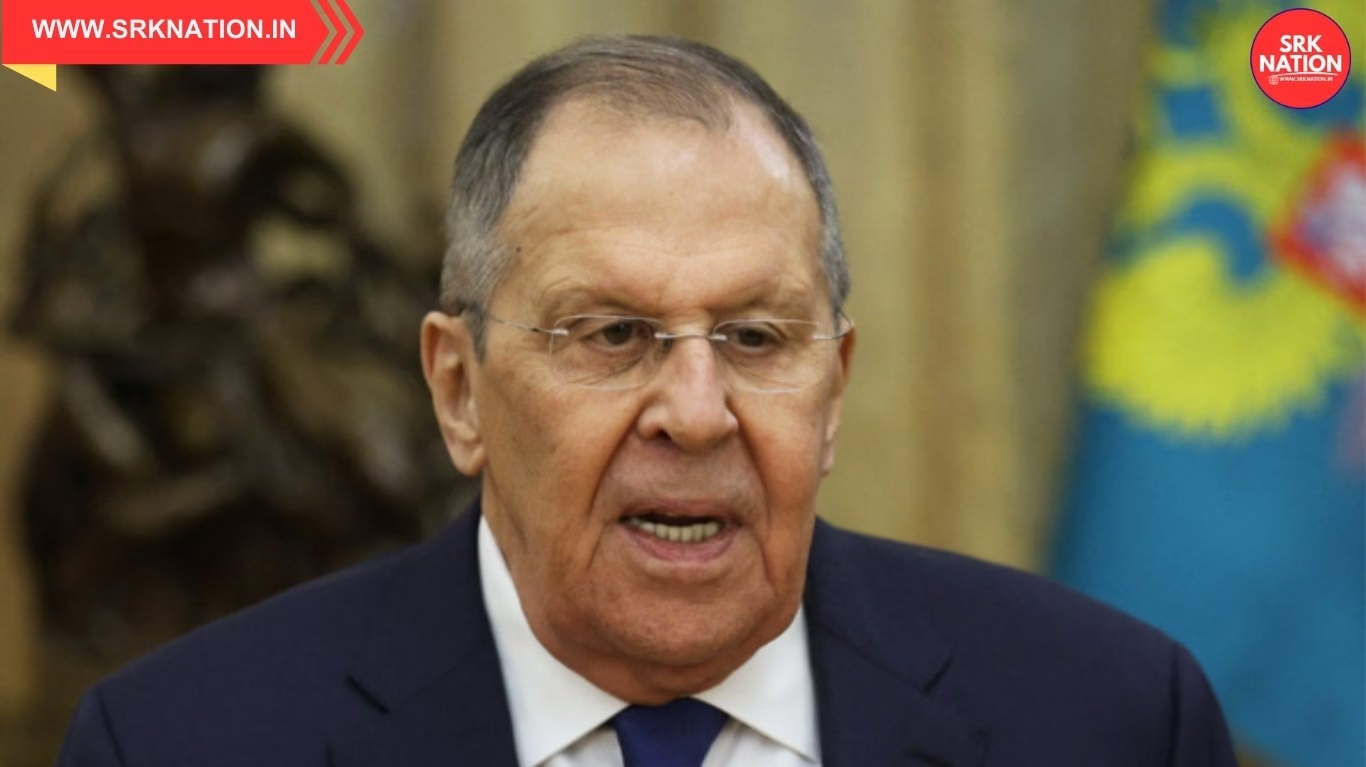In a significant economic development with strategic geopolitical undertones, Pakistan and Russia have signed an agreement to revive the Pakistan Steel Mills (PSM) project, which has remained dormant for years due to mismanagement, financial losses, and lack of modernisation. The agreement was signed in Islamabad on Tuesday by Pakistan’s Federal Minister for Industries and Production, Alamgir Khan, and Russia’s Deputy Minister for Industry and Trade, Alexey Gruzdev, during his official visit to the country.
Reviving a dormant giant
Established in the 1970s with Soviet collaboration, Pakistan Steel Mills, located near Karachi, was once the largest industrial complex in Pakistan, with a designed production capacity of 1.1 million tonnes per annum. However, chronic inefficiencies, corruption scandals, and obsolete technology led to near-complete operational shutdown by 2015, throwing over 14,000 employees out of direct work while impacting nearly 50,000 indirect jobs.
The new agreement aims to restore PSM’s original capacity within three years under a Public-Private Partnership (PPP) model involving Russian technical and financial assistance and Pakistani administrative facilitation. According to ministry officials, the following key areas are covered:
- Technical feasibility study within six months.
- Modernisation of blast furnaces, rolling mills, and coke oven batteries with Russian technologies.
- Gradual rehiring and training of local workforce for operation and maintenance.
- Joint management board formation for execution, investment security, and compliance.
Strategic importance of Pakistan Steel Mills
| Parameter | Past peak (1980s-90s) | Current status (2025) |
|---|---|---|
| Annual production | 1-1.1 million tonnes | Nil |
| Workforce | ~14,500 | Under 500 (maintenance/security) |
| Contribution to GDP | 1.2% | Negligible |
| Local steel market share | ~25% | 0% |
| Import substitution savings | ~$400 million | None |
Why is Russia interested?
For Russia, the deal serves multiple strategic objectives:
- Strengthening geopolitical ties with Pakistan amid shifting regional dynamics, including China’s CPEC dominance and US-India proximity.
- Expanding industrial footprints under Eurasian connectivity and South Asian market access.
- Exporting metallurgical technology and machinery, supporting its domestic heavy engineering sector amid western sanctions.
Russia’s Deputy Minister Alexey Gruzdev emphasised:
“Our historical collaboration in steel is a foundation for renewed industrial ties. Russian firms will bring modern environmentally-compliant technologies ensuring economic and ecological sustainability.”
Pakistan’s objectives behind revival
The revival is seen as crucial for Pakistan’s industrial base, import bill management, and job creation. Key goals include:
- Reducing reliance on imported steel, which currently accounts for over 75% of domestic consumption.
- Supporting downstream sectors like construction, automobiles, and infrastructure.
- Creating direct employment for at least 8,000 workers in initial phases with spillover benefits for contractors, transporters, and ancillary industries.
Federal Minister Alamgir Khan highlighted:
“PSM is not just a mill. It is a symbol of industrial sovereignty. Reviving it with Russian support will save valuable foreign exchange and energise our manufacturing ecosystem.”
Challenges ahead
Despite optimism, experts caution that operationalising the agreement will face multiple challenges:
- Financial viability: Past debt liabilities exceeding PKR 200 billion remain unresolved, requiring restructuring.
- Technological upgradation delays: Importing, installing, and commissioning heavy metallurgical equipment is time-intensive.
- Environmental compliance: Older plants violated emission norms. Russian upgrades must include energy-efficient, low-carbon solutions.
- Political continuity: Previous attempts for privatisation or revival failed due to political instability and litigation by employees’ unions.
Historical context: Rise and fall of Pakistan Steel Mills
- 1973: Agreement signed with USSR for construction.
- 1985: Commercial operations began with integrated iron and steel production from imported raw materials.
- 1990s-2000s: Mismanagement, low productivity, and corruption scandals led to financial decline.
- 2015: Operations ceased due to gas supply suspension over unpaid bills.
- 2018-2020: Government explored Chinese and Russian partnerships but faced policy and feasibility bottlenecks.
- 2025: Fresh agreement formalised with Russia focusing on full restoration under PPP.
Political reactions and expert views
The signing has triggered mixed reactions:
- Supporters call it a landmark step towards industrial self-reliance and a reset of Soviet-era economic ties.
- Critics argue that revival will burden national exchequer further if operational targets are missed or if transparency lapses.
Economic analyst Dr. Hina Kamran stated:
“With CPEC overshadowing industrial discourse, this Russia-PSM deal diversifies Pakistan’s external partnerships. However, its success depends on rapid debt restructuring, trained manpower, and depoliticised management.”
Way forward: Roadmap post-agreement
The Industries Ministry outlined the following immediate action points:
- Establishment of a Joint Technical Working Group (JTWG) to initiate feasibility studies.
- Inventory audit of existing plant machinery within 90 days.
- Drafting of an investment protection framework to attract Russian private steel firms.
- Environmental Impact Assessment (EIA) and clearance for technology upgradation.
- Employee rehiring roadmap in phased manner to avoid abrupt financial strain.
Geopolitical implications
Analysts note that Russia’s entry into Pakistan’s strategic industrial revival is significant against:
- The West’s sanctions on Russia post-Ukraine war, making Moscow seek alternative economic partnerships.
- China’s dominant position in Pakistan’s steel and construction sector, as many CPEC projects source materials from Chinese firms.
- India-Russia historical defence ties, with Moscow now diversifying economic linkages with both South Asian rivals for broader regional influence.
Public sentiment
Former employees, local residents, and steel traders have expressed hope that operational revival will revive the Karachi industrial belt’s economy. Irfan Ali, an ex-PSM worker, shared:
“We spent our lives building this mill. Its revival will bring dignity and food back to thousands of families.”
Conclusion
The Islamabad-Moscow agreement to restore Pakistan Steel Mills marks a strategic economic and geopolitical milestone, reviving a Soviet-era industrial flagship with potential transformative impact on Pakistan’s steel sector, job market, and bilateral ties with Russia. The coming months will be crucial to test whether the promises of modernisation, efficiency, and sustainability can overcome the deeply entrenched historical challenges that plagued PSM for decades.
Disclaimer
This article is based on official statements, industry analyses, and public data as of July 2025. Readers are advised to verify financial, investment, and operational details with relevant government and corporate sources before making business or policy decisions. The publication holds no responsibility for actions taken based on this news content.






